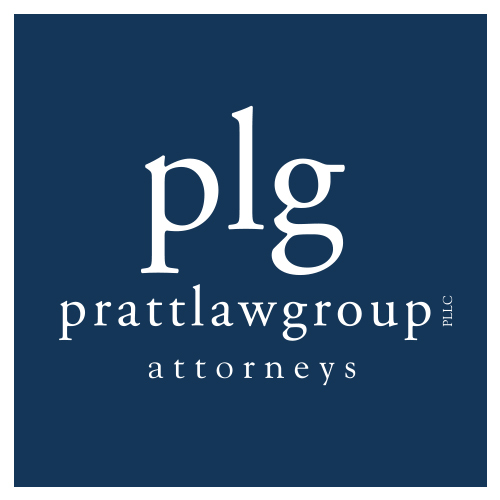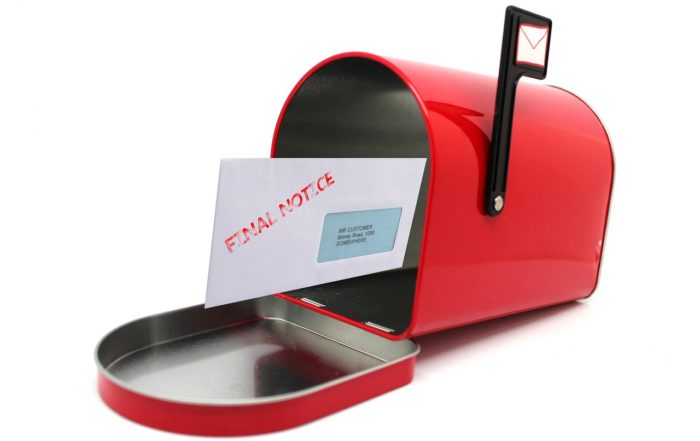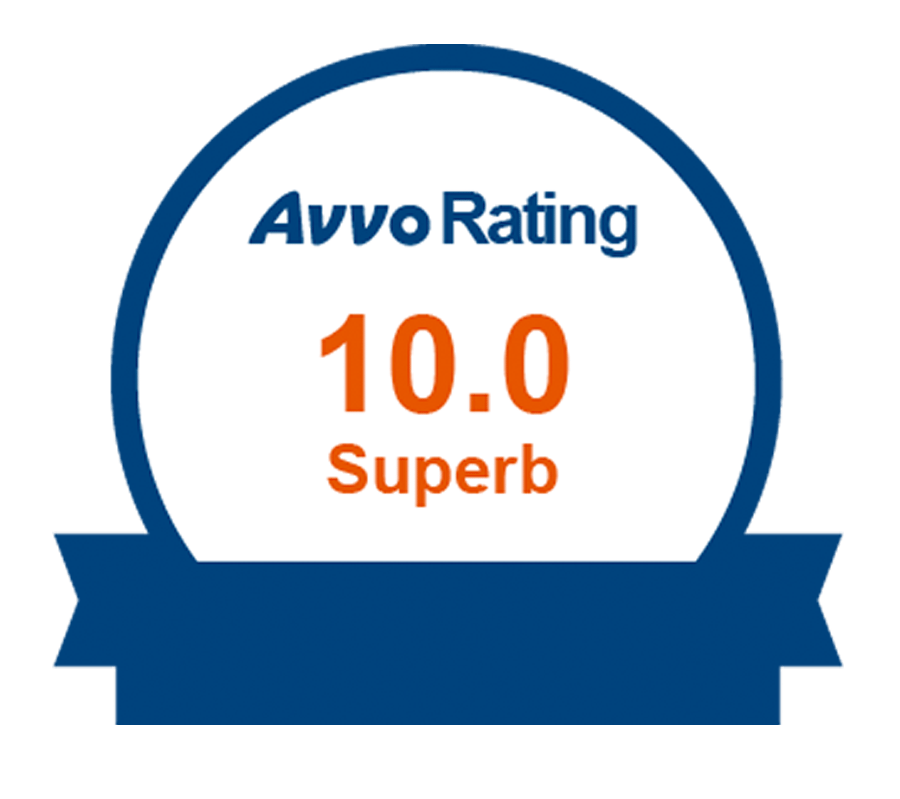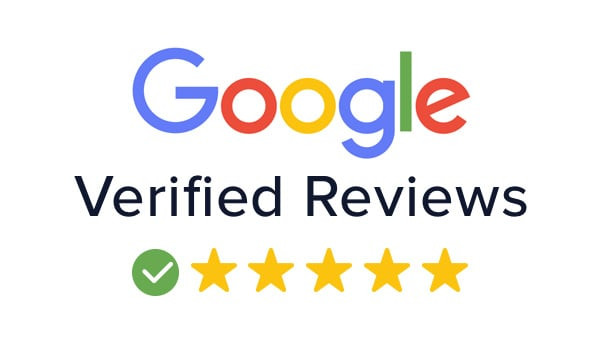Estate Planning: An Crucial Part Of Protecting Your Assets
Estate planning may be one of the hardest things to contend with in life. You need to learn how accounts are owned to ensure your property and assets do not fall into probate, which is a time-consuming and expensive legal process. It’s imperative to look over all accounts and who you have designated as your beneficiaries to ensure your loved ones are cared for.
What kinds of accounts might you have and need to look at closely?
- Annuities
- Life insurance policies
- Retirement accounts
These accounts will distribute the funds to your named beneficiaries when you die.
Naming Beneficiaries For Your Accounts and Property
If you have named a single (primary) beneficiary to these accounts, and they die do before you, the account is distributed at the time of your death based on the policy’s default rules. You can keep this from happening by updating the primary beneficiary and/or naming a secondary beneficiary.
The default rules dictate that the account/policy balances will go to the spouse, children and estate. If it goes to the estate, your loved ones must go through probate court to settle the matter.
Some accounts may permit you to name a beneficiary through a transfer-on-death registration (stock, brokerage or investments accounts) or pay-on-death designation (cash accounts). With these beneficiaries’ designations, you maintain ownership but offer the account a way to transfer after you die that doesn’t involve the probate process. Make sure you know what kind of beneficiary designation applies to your accounts.
Should your primary beneficiary designation dies before you, and you have no secondary beneficiary listed, your accounts will fall into probate. You can lower the chances of this happening by naming a secondary beneficiary when doing your estate planning or updating it when the primary person has passed away and naming your second beneficiary.
If you want to avoid probate, you can jointly own an account with a person, which gives them the rights of survivorship benefits. This kind of ownership means when the first owner dies, the surviving person will own the whole property or account without the need of the probate process.
If you used this method and the co-owner has passed away, you need to talk with an estate planning attorney to address this property or account. You are the sole owner of it. Not addressing it means it will fall into probate when you die. The same situation is applicable to any jointly-owned property with a spouse. When your spouse dies, you become the only owner of it. You must do some more estate planning to ensure your property/accounts do not go into probate.
If you have a revocable living trust (RLT), make sure that the accounts and property (other than certain accounts) have been transferred to a person in the RLT. Look over these accounts and property to ensure the RLT has been named as the property owner and accounts you want them to be listed on.
If a loved one dies and you inherit any property or accounts from them, you need to include them in your estate plan. It may be as simple as doing a trust or as intricate as revamping your current estate plan. If you can name a beneficiary to these accounts, make sure it’s done right away.
Is Your Estate Plan Finished?
It’s important to get started or finish up your estate plans to ensure that the court isn’t involved in the decision-making process. After all, when you die with no estate plan, the court holds discretion on
- Who receives your money and property when you die
- The amount of money each person will get
- When they will be eligible to get the property and money (adults often get the entire amount immediately)
We Can Help You Through The Estate Planning Process
If you need help planning your estate, we have a team of highly knowledgeable and experienced lawyers that can look over your accounts and assets to ensure protection for you and your family/friends.
Give The Pratt Law Group a call today at (972) 712-1515 or (888) 517-4575 to schedule a virtual or in-person consultation. We can discuss the types of accounts and property you own, what will happen to them when you pass away, and how you can leave a lasting legacy.
Why Singles Should Worry about Estate Planning
Why Singles Should Worry about Estate Plannings -What To Know Several Reasons Single People Still Need To Be Concerned With Estate Planning When you’re putting together an estate plan, you often choose your spouse ...
Warning: Don’t Let Creditors Inherit from You or Your Spouse
Don't Let Creditors Steal From Your Loved Ones - What To Know How To Ensure Your Spouse Receives Your Retirement Accounts and Not Creditors In most cases, spouses will inherit any of your ...
Can a Beneficiary Also Be a Trustee of a Trust?
Can a Beneficiary Also Be a Trustee of a Trust? -What To Know Many people, creating a revocable living trust, designate their children as the beneficiaries. But, they need to choose a person ...







